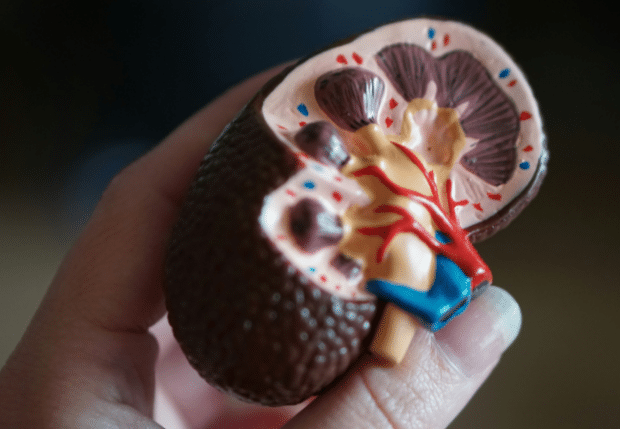University of Sydney statistician Harry Robertson and his colleagues have developed an organ transplant test for various transplant scenarios.
ScienceAlert says previous methods only checked biomarkers that only applied to select organ rejection types.
READ: The Future of Cardiology: 3D Printed Heart Tissue
Article continues after this advertisementFurther research may help medical professionals discern between organ rejection types like immune issues, inadequate blood supply, and maladaptive repairs.
FEATURED STORIES TECHNOLOGY vivo launches V40 Lite with 5000mAh battery covered by 50-month warranty, starts at Php 13,999 TECHNOLOGY Galaxy Buds3 Pro: Delivering tailored sound wherever you go TECHNOLOGY Very mindful, very intuitive: ASUS’ most superior AI PC yet, the Zenbook S 14, empowers you to achieve more How did researchers make the organ transplant test?
 Free stock photo from Unsplash
Free stock photo from Unsplash
Medical News Today says organ function tests identify signs of organ transplant rejection. These include a complete blood cell count, an electrocardiogram, abdomen ultrasounds, and chest X-rays.
However, ScienceAlert says doctors typically suspect transplant rejection when there are signs that an organ isn’t working at full capacity.
Article continues after this advertisementSometimes, patients may not experience symptoms before failure occurs, so they may need invasive biopsies to check.
Article continues after this advertisementThat is why Harry Robertson and his fellow researchers created their non-invasive organ transplant test. They made it by analyzing 54 datasets, including 40 kidney, 5 liver, 5 lung, and 4 heart transplant studies.
Article continues after this advertisementThen, the team compared these data to patient blood samples to identify 158 genes in all four organs during rejection instances.
“This discovery is pivotal as it allows us to develop strategies to enhance the success rates of all transplants,” explains Robertson.
Article continues after this advertisementMoreover, they argue that their findings demonstrate a “unifying pan-organ molecular marker.” As a result, their method “consistently outperformed” other organ-specific models.
More importantly, their findings may lead to a “universal blood test that can predict the likelihood of transplant rejection before it occurs.”
Since 1989, the 1-year survival rate for kidney transplants has greatly improved but long-term survival rates have remained.
Subscribe to our daily newsletter
Part of the problem is that doctors didn’t have a way to reliably predict organ rejection. Hopefully, this organ transplant test might become the solutionlucky688, so that patients may prevent issues immediately.
TOPICS: Organ Transplant, technology READ NEXT How to take a screen recording on phones and computers Space AI: The ISS deploys its first generative AI program EDITORS' PICK UPDATES: 2025 elections precampaign stories SC issues TRO vs Comelec resolution on dismissed public officials Central Visayas’ most wanted killed in shootout in Argao, Cebu WPS: US missile deployment to PH key for combat readiness – US general Marcos smiled, walked away when asked about VP Duterte’s accusation Tropical Storm Kristine slightly intensifies; Signal No. 2 in 5 areas MOST READ SC issues TRO vs Comelec resolution on dismissed public officials Tropical Storm Kristine slightly intensifies; Signal No. 2 in 5 areas Walang Pasok: Class suspensions on Wednesday, Oct. 23 LIVE UPDATES: Tropical Storm Kristine View comments
